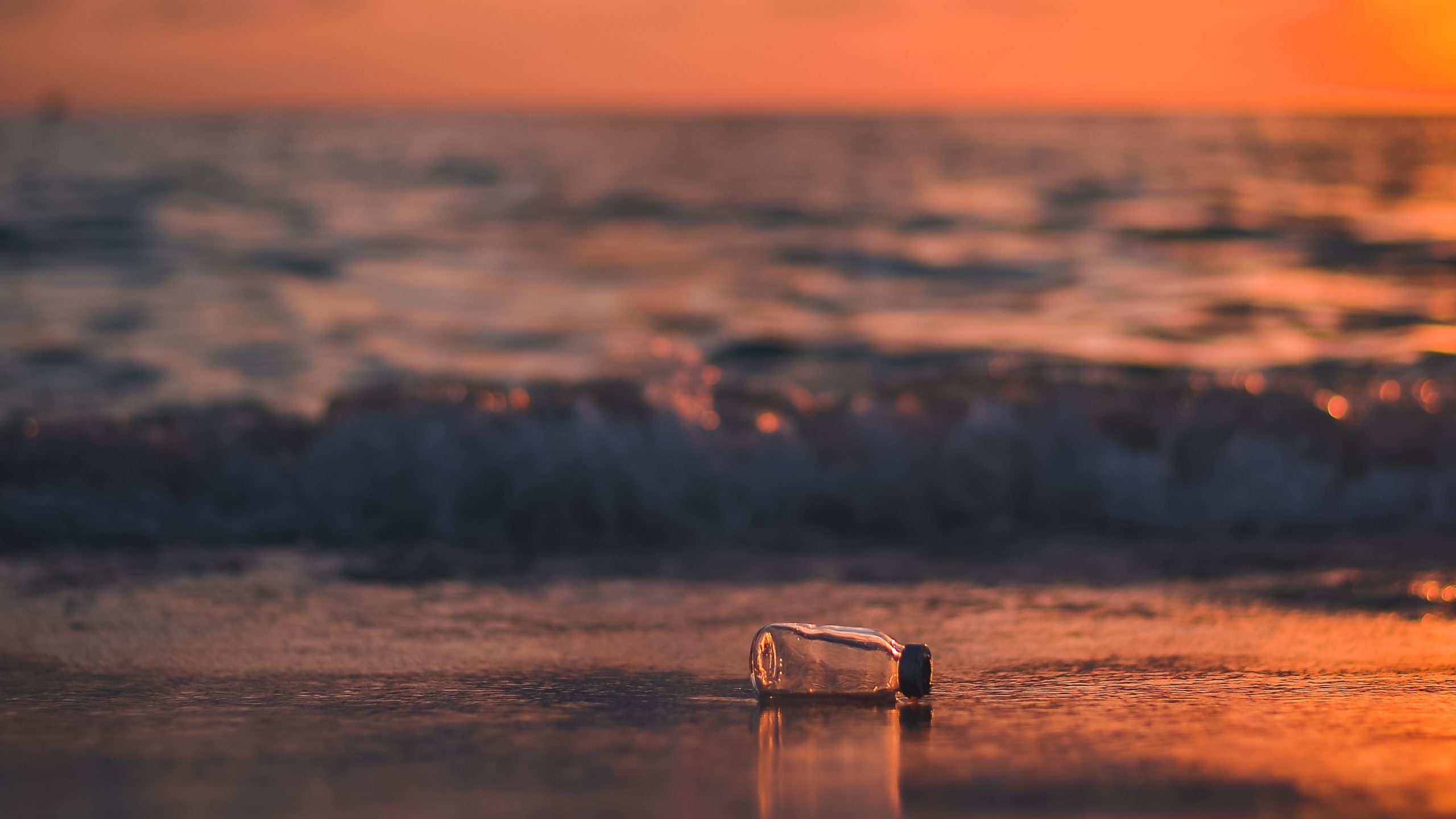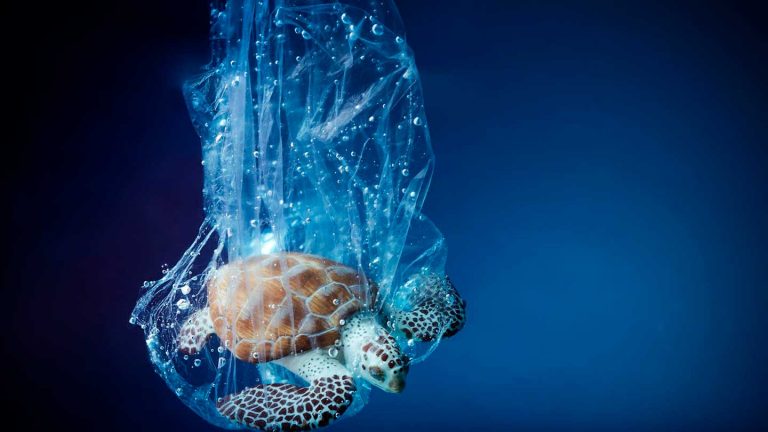
In the shipbuilding sector, the adoption of circular economy principles is becoming increasingly important due to the environmental challenges it has to address, such as pollution, waste and carbon footprint. It is an innovative solution that closes resource cycles and minimises waste, leading to more sustainable and efficient practices. By adopting these principles, the shipping industry can make a big difference in protecting the environment and ensuring its crucial role in global trade and connectivity between countries.
Marine pollution caused by ships is currently a serious problem. The introduction of harmful materials into the marine environment from waste not originating in waterways is the main source of pollution. Municipal solid waste and waste from ships represent the main sources of pollution, especially plastic waste that is transported by rivers to the sea.
Proper solid waste management is fundamental to reducing pollution, and education and awareness-raising are key to tackling this problem. Governments, educational institutions, the UN and NGOs have an important role to play in promoting policies and actions for waste management and marine pollution mitigation.

What measures and strategies are currently being implemented to mitigate the impact of litter in waterways?
Litter in waterways is a problem that requires effective and continuous measures to address. Emphasis is placed on the importance of acting on the source of the problem: mainly litter generated on land and dumped in water bodies. A combination of individual and community actions is needed, as well as legislation and integrated waste management.
In relation to marine litter from ships, the relevance of raising awareness and training fishing companies in sustainable practices is highlighted. The IMO plays an important role in the adoption of global regulations and the MARPOL 73/78 Annex V Convention regulates ship waste.
Also noteworthy are IMO strategies and action plans to address marine plastic litter. Fishing in international waters presents challenges in its control and the need for traceability of waste is highlighted. Awareness raising, commitment and training of crews are essential. In the case of artisanal fisheries, local initiatives are being implemented with the support of NGOs. In Latin America and the Caribbean, recycling and circular economy programmes supported by the UN, the European Union and NGOs are being promoted.
What do we mean by circular economy?
The circular economy seeks to reduce the use of new materials and the generation of waste, closing the economic and ecological cycles of resources. In the context of marine litter, recycling is fundamental, especially for plastic: it not only reduces environmental impact, but also generates employment in the waste recovery process.
In the case of waste generated by deep-sea fishing and shipping companies, commitment and compliance with existing regulations, such as the Marpol Annex V Convention and the Shipboard Garbage Management Plan, is crucial. The adoption of special class notations helps to assess a vessel’s level of environmental compliance and set targets for improvement.
The benefits of the circular economy in the shipping sector include waste and pollution reduction, resource efficiency, innovation and job creation, as well as regulatory compliance and improved corporate reputation. The circular economy offers a sustainable solution to address environmental challenges in the marine sector, promoting a more responsible and environmentally conscious industry.
In the naval area of Sener, we specialise in the development of vessels for the collection and cleaning of waterways, especially seas and oceans. Our approach includes the development of autonomous vessels for the control and monitoring of ship-generated waste. In addition, we conduct a comprehensive analysis of waste management on board, assessing the current status and proposing improvements for more efficient waste management. We focus on the preparation of waste management plans in line with the regulations established by the International Maritime Organisation (IMO) and the MARPOL Annex V Convention.
Our work also involves analysing improvements to waste treatment on board, looking for more effective and sustainable solutions. In addition, we investigate improvements in the stowage, transfer and discharge of those wastes that cannot be treated on board but have the potential to be recycled.
In short, at Sener we are dedicated to the development of waterway cleaning vessels, with a focus on on-board waste management and its efficient treatment. Our aim is to contribute to the preservation of the marine environment and to promote the circular economy in the marine sector.
As a reference for Sener, in the DF Articulated Tug and Barge for LNG Bunkering project carried out for the shipowner Rimorchiatori Riuniti Panfido & C. SRL, a document was drawn up for approval by the RINA (Registro Italiano Navale) Classification Society, aligned with the special Green Plus notation, where the sources of pollutant emissions in the tug + barge set were analysed, including the waste generated on board and its management and disposal in accordance with the applicable regulations in force.
Norberto Fiorentino
35 years of professional experience in the field of engineering, holding positions of coordination and technical management, project engineer, project director, for land-based facilities and works (HVAC, Combined Cycle Power Plants, Nuclear) and naval (Technical Office of Submarine Shipyard Engineering; Technical Management of Fishing Fleet; Project Management of RoRo vessel; Tugboat 32 BPT; AHTS (anchor handling & towing ship); Icebreaker; FSRU; Floating Transformer Substations). Sixteen (16) years in Sener Engineering, Sener Marine. 29 years developing academic management tasks, university teaching and vocational training.

 About us
About us

